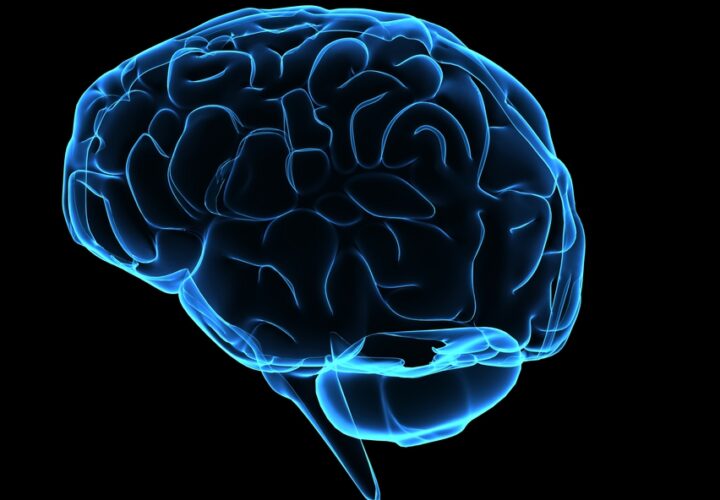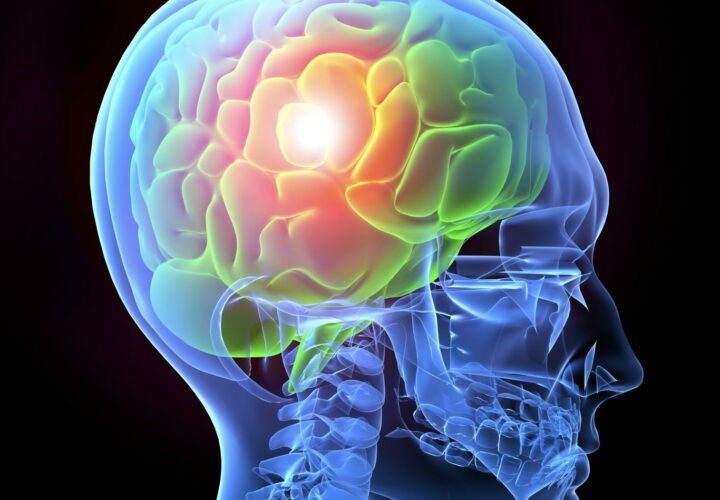Researchers explore how memory-making genes could be a target for Alzheimer’s treatments.
Scientists from MIT examine strategies to block an enzyme from impeding that genes responsible for forming memories.
A brain with Alzheimer’s disease experiences cognitive decline in part because the genes that are necessary to form new memories are blocked by an enzyme. The enzyme, known as HDAC2, turns off the genes by condensing them so tightly they cannot function, resulting in memory loss and the inability to form new memories. This enzyme is elevated in people with Alzheimer’s disease, and until now, scientists have not been able to isolate and disable it without affecting other HDAC enzymes that carry out necessary functions, like red and white blood cell production.
Study: Manipulating Enzymes Implicated in
Alzheimer’s Reduces Symptoms
of the Disease in Fruit Flies
But now a team from Massachusetts Institute of Technology (MIT) has found a way to stop HDAC2 from interfering with memory-making genes by halting its interaction with a gene called Sp3, which is necessary to form the blockage that causes memory loss. In an animal study, deactivating Sp3 restored subjects’ ability to form long-term memories. While research is still in the early stages and has not been tested on humans, scientists are hopeful that this breakthrough will lead to a drug that can do the same thing in human brains.
Read the full write-up of the study here.


This discovery is so interesting and very timely..